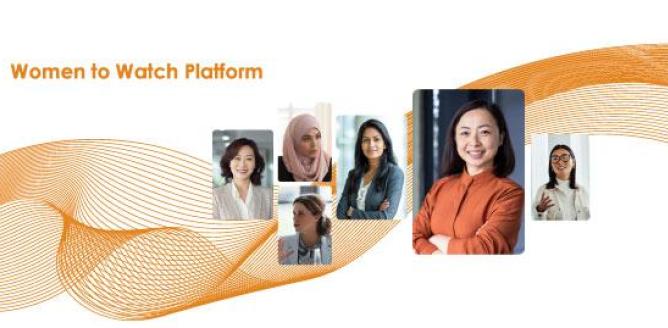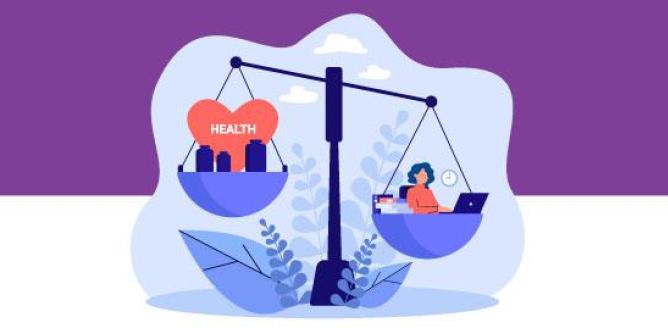In advance of Hong Kong's 2020 Policy Address, TWF has submitted a comprehensive series of recommendations to advance gender equality. We believe that addressing current challenges and inequalities will not only support the women and girls of our city but bring benefits and opportunities to help Hong Kong prosper as a whole.
With the outbreak of COVID-19, Hong Kong is facing unprecedented challenges both short and long term. Women have been disproportionately impacted by this crisis – comprising the majority of frontline health and essential workers, juggling extra care responsibilities, being more vulnerable to financial instability, and are at increased risk for domestic violence. However, these specific gender impacts have not yet been addressed by the Government nor has targeted action yet been taken to address these specific struggles.
We also know these challenges brought on by COVID-19 also present opportunities. Opportunities to create our “new normal” with equality at the core and opportunities for inclusive economic growth that benefits everyone. McKinsey & Company have projected that if the higher negative impact of COVID-19 on women was addressed, the global economy would grow US$13 trillion by 2030, which is 11% more than if economies were to take no gender sensitive actions. Their research also shows that by investing greater amounts in areas women particularly need support – including digital inclusion and unpaid care work – yield economic benefits that are 6-8 times higher than the social spending needed.
The Government has a critical role to play and can take immediate action to address gender imbalances. There is an urgent need for gender equality to be included in the Executive Council agenda and considered in all Government initiatives – as an equality issue but also because tackling some of these issues will help build happier families, a more stable society and a thriving economy. We also believe the Government should consider leading a taskforce that comprehensively identifies and reviews barriers to gender equality across all sectors, drawing on Singapore’s recent initiative.
Our recommendations focused on seven areas:
- Holistic approach needed to boost female workforce participation and to increase the number of women in leadership positions, which includes addressing flexwork options, caregiving responsibilities, board diversity, the motherhood penalty and tackling the gender pay gap
- Increased support for women in poverty, particularly around MPF protection and income support for vulnerable groups as well as tackling the digital divide
- Greater protections and preventative measures around sexual violence, including bringing the recommendations in the Review of Substantive Sexual Offences into law as well as improved protections against domestic violence, online violence, and voyeurism.
- Stronger, targeted protections for vulnerable groups of women and girls, particularly ethnic minorities, Foreign Domestic Workers and LGBT+ communities
- Tackling gender stereotypes in all spheres across the city including education, the workplace, and all forms of media
- Increase the availability and accessibility of gender disaggregated data so that all sectors can be better informed and enact gender sensitive policies and initiatives
- Incorporating gender sensitivity into COVID-19 recovery plans with specific attention to employment, mental health services, domestic violence protections, unequal access technology, and specific groups of women hit hard by COVID-19
It is of utmost importance that Hong Kong now actively addresses the inequalities faced by more than half our population, commits to best practice befitting Hong Kong’s status as a global financial centre and moves forward with actions and strategies to ensure all women and girls can reach their full potential and our society as a whole can reap the wider benefits.
Government engagement is only one part of a holistic approach to achieve gender equality. As corporates, educators, media, civil society, and individuals we all have a role to play in closing the gender gap. Together, we must commit - and take action - to build a brighter, more equal future for all.
Get in touch at Fiona.Nott@twfhk.org.





















